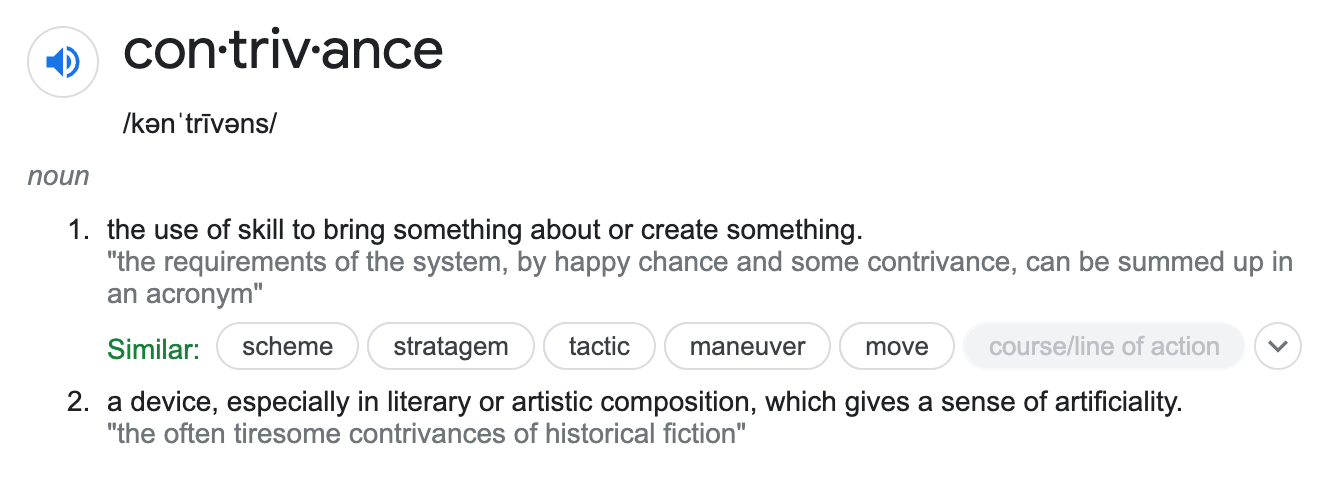What's our attention for?
Our aim tells us a lot about our means.
Last week, I wrote about “The standing reserve of the Modern World.” In it, we dove into the work of Mark Blitz on Martin Heidegger, and how our practice of envisioning the world purely as resources ready for our disposal leaves us wanting. You can review that piece here.
With that piece fresh on the mind, I encountered this long-form piece from one of my favorites L. M. Sacasas in The Convivial Society:
In a much kinder move than myself, Sacasas makes a lot of these pieces available as audio recordings. The whole piece is worth a read/listen, and in it, he discusses the broad topic of “attention discourse”:
0. Attention discourse is my term for the proliferation of articles, essays, books, and op-eds about attention and distraction in the age of digital media.1
In the piece, he explores the origins of the genre in recent terms and then shows how this is a topic of discussion stretching back at least several hundred years. Listening to this piece, this particular passage from section 14 stood out to me:
14. As I see it, there is a critical question that tends to get lost in the current wave of attention discourse: What is attention for? Attention is taken up as a capacity that is being diminished by our technological environment with the emphasis falling on digitally induced states of distraction. But what are we distracted from? If our attention were more robust or better ordered, to what would we give it? Pascal had an answer, and Weil did, too, it seems to me. I’m not so sure that we do, and I wonder whether that leaves us more susceptible to the attention economy. 2
This question caught me off guard, as I have found myself down in the ditches of means and mediums (attention in this case) without giving a whole lot of thought to what I’m pursuing. With Heidegger on the mind still, it brought to memory this passage from a piece by Alan Jacobs that I wrote an article about last fall. Jacobs is writing about the failure of what he calls the “Standard Critique of Technology, or SCT” and notes the following:
The basic argument of the SCT goes like this. We live in a technopoly, a society in which powerful technologies come to dominate the people they are supposed to serve, and reshape us in their image... For example, social networks promise to forge connections — but they also encourage mob rule. Facial-recognition software helps to identify suspects — and to keep tabs on whole populations…
The proper response to this situation is not to shun technology itself, for human beings are intrinsically and necessarily users of tools. Rather, it is to find and use technologies that, instead of manipulating us, serve sound human ends and the focal practices (Borgmann) that embody those ends. A table becomes a center for family life; a musical instrument skillfully played enlivens those around it. Those healthier technologies might be referred to as holistic (Franklin) or convivial (Illich), because they fit within the human lifeworld and enhance our relations with one another. Our task, then, is to discern these tendencies or affordances of our technologies and, on both social and personal levels, choose the holistic, convivial ones.3
A bit later in the piece, Jacobs makes this observation:
…Heidegger, especially in his famous essay “The Question Concerning Technology,” provides a specifically philosophical account of the issues that the SCT attempts to address.
Much could be said about Heidegger’s strangely compelling exposition — which asks what the essence of technology is — but a few points require our attention here. First, because “technology itself is a contrivance,” an “,” we are led to think instrumentally about it. It is a contrivance for mastery, and we therefore naturally think in terms of how we can master it.
But when we look more carefully at how technology is a means that we try to master for specific ends, says Heidegger, we realize that we too… become raw material in the process.4
So Jacobs here is getting at the same point made by Sacasas: the focus on the means over the end, the tool over our desired world, leads us further down the road we are trying to avoid. Jacobs’ quoting Heidegger, calls technology a “contrivance,” meaning:
So in essence, a tool, or a means. In Sacasas piece, he recognizes that by making attention itself a tool to be mastered but without a specific outcome in mind, we wind up letting the conquest of our attention become an end in and of itself. Our own mastery of our attention becomes the goal, with little attention given to what we focus on.
Sacasas concludes the section I quoted earlier by noting:
Often the problem seems to get framed as little more than the inability to read long, challenging texts. I enjoy reading long, challenging texts, and I do find that, like Carr and Hari, this has become more challenging. But I don’t think reading long, challenging texts is essential to human flourishing nor the most important end toward which our attention might be ordered.
We have, it seems, an opportunity to think a bit more deeply not only about the challenges our techno-social milieu presents to our capacity to attend to the world, challenges I suspect many of us feel keenly, but also about the good toward which our attention ought to be directed. What deserves our attention? What are the goods for the sake of which we ought to cultivate our capacity for attention?5
So with that, only one question for today:
What’s are the ends we are pursuing with our attention, or are we just trying to optimize for the sake of it?
I’ll dive into that subject a bit more later, but for now, thanks for reading, and see you again soon.



